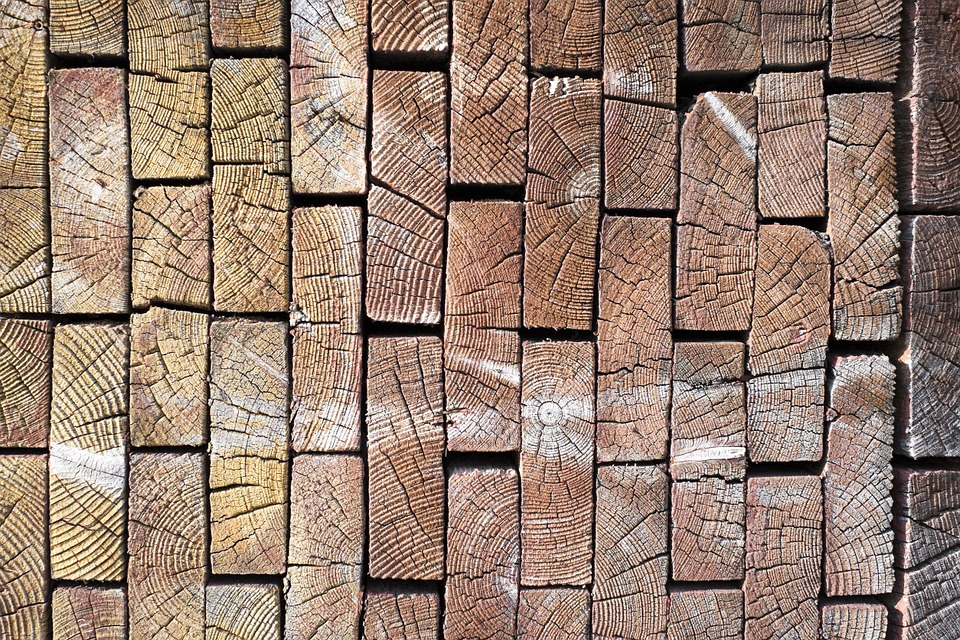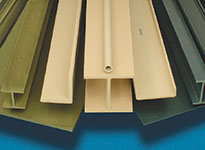Strength Test: Industrial Fiberglass Versus Metal and Wood
Industrial fiberglass was initially designed as a lightweight and cost-effective alternative to metal and wood in undemanding applications. Used to fabricate small components and low-density paneling, it was initially used as a material supplement rather than a structural element. That status quo has changed dramatically in the decades since pultrusion manufacturing of industrial fiberglass was first realized.
Fiberglass is now ubiquitous in industrial, infrastructural, and commercial sectors with architects and engineers increasingly eschewing conventional materials in favor of fiber reinforced polymers. There are many reasons behind this architectural shift, including the vast increase in mechanical strengths of industrial fiberglass.
At Strongwell, we have consistently espoused the benefits of industrial fiberglass for a range of demanding applications. This blog post will explore the strengths of fiber reinforced polymers in direct comparison to some of the most established construction materials worldwide.
Industrial Fiberglass Vs. Wood
EXTREN® is an exclusive range of structural shapes engineered from fiber reinforced polymers within a vinyl ester resin or thermosetting polyester. Each of the 100 standard shapes can be manufactured to meet BS EN 13706 (E23) for structural purposes, with the most stringent requirements of design quality.

Compared to structural timber, EXTREN® industrial fiberglass has a higher flexural strength with outstanding resistance to extreme bending. It exhibits a tensile strength of up to 30,000 psi and a flexural modulus of 10,000 psi. The strength of structural timber varies depending upon the species and treatment methods used to preserve the wood. Popular Douglas Fir timber represents a flexural strength of up to 2800 psi.
The compression strength of industrial fiberglass is almost 17 times that of the same species of structural timber.
Industrial Fiberglass Vs. Aluminum
The ultimate flexural strength of aluminum is measured at approximately 35,000 psi. This represents a moderate increase over EXTREN® structural components, but industrial fiberglass comprises 86% of aluminum’s overall yield strength with significantly reduced weight requirements. On a pound-for-pound basis, EXTREN® significantly outperforms aluminum in terms of strength.
Read More: EXTREN® vs. Aluminum
Industrial Fiberglass Vs. Steel
Steel is one of the most common building elements used worldwide, displaying outstanding tensile strengths of up to 60,000 psi. This far outstrips the superficial strength values of EXTREN® structural components. However, as with aluminum, industrial fiberglass outstrips steel in terms of strength-to-weight ratios, representing a weight decrease of as much as 75%. It is also stronger than steel in the lengthwise direction, providing enhanced reinforcement for load-bearing applications.
Read More: EXTREN® vs. Steel

Industrial Fiberglass from Strongwell
Strongwell is a leading supplier of industrial fiberglass, with a global supply network capable of providing EXTREN® structural shapes to bespoke requirements and formulations. We can engineer unique, cost-effective components capable of providing high-structural strengths designed to last longer than ever.
If you would like any more information about our industrial fiberglass products, please do not hesitate to contact us.